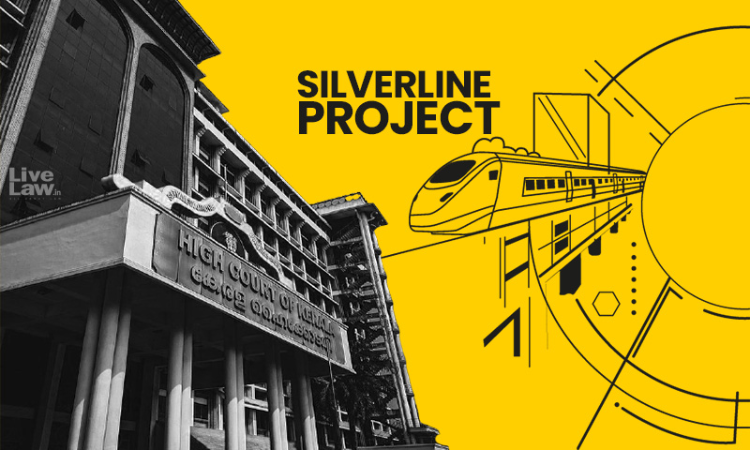K-Rail | Centre An Equal Partner In The Project, Equally Accountable As State: Kerala High Court
Hannah M Varghese
7 April 2022 8:19 PM IST

Next Story
7 April 2022 8:19 PM IST
The Kerala High Court on Thursday continued to hear the petitions challenging the State authorities laying down survey stones on petitioners' property as part of the ongoing survey in furtherance of the K-Rail Silver Line project.When the matter was taken up today, Justice Devan Ramachandran orally remarked that the Central government being a partner of the project has an equal responsibility...
